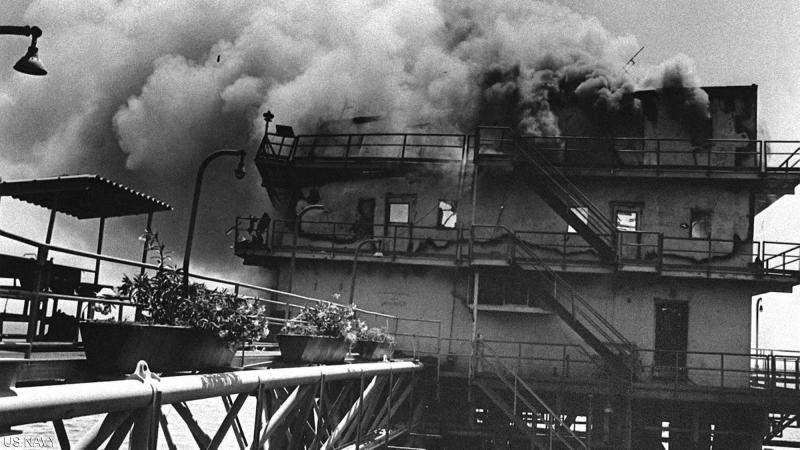Writer Bret Stephens stated that the "surgical" operations carried out by U.S. forces against Iranian-backed militias in Iraq and Syria in response to the attack on a remote U.S. military base in Jordan will not suffice to put an end to Iranian provocations in the region. In his opinion piece for The New York Times, Stephens noted that many media outlets would likely describe the operation as revenge for the drone strike on January 28, which resulted in the death of three American service members and injuries to 40 others at the al-Ruqban base. He added, "This description is accurate - but it is not the complete truth!"
"The complete truth is that since October, there have been about 160 attacks on U.S. forces in Iraq and Syria, which are primarily deployed in the region to fight ISIS, a common enemy of both Iran and the United States." Stephens continued: "In October, an explosives-laden drone struck a U.S. barracks in Iraq. Significant casualties were avoided only because the explosives did not detonate. On Christmas, another drone strike against U.S. forces resulted in shrapnel causing severe injuries to Chief Petty Officer Garrett Ilerbrun, who is currently recovering in the U.S. after spending days in a coma."
The writer added: "Not to mention the direct attacks by Iranian-backed Houthis in Yemen on U.S. Navy vessels protecting maritime routes in the Red Sea, where two U.S. servicemen were killed in January during an attempt to seize a ship suspected of carrying Iranian weapons to the Houthis." The Biden administration's response to some of these earlier attacks included precision strikes - as Stephens mentions in the newspaper - in an attempt to send a message to Tehran in the hopes of avoiding escalation.
"But it has not succeeded! To adapt a saying attributed to revolutionary leader Leon Trotsky: 'We may not be interested in waging war on Iran, but Iran is interested in waging war on us.'" The writer questions: "What could make Tehran back down... at least for a while? Not attacking its agents... who are certainly now diverting their forces in anticipation of U.S. strikes."
Stephens suggests a model for deterring Iran: Operation Praying Mantis in 1988, a military operation launched in response to an Iranian mine that nearly sank a U.S. frigate during a time when Tehran was continuously attacking oil shipping in the Persian Gulf. In that all-day engagement, the U.S. Navy sank six Iranian ships and destroyed two Iranian intelligence facilities on old oil platforms.
The writer notes: Tehran understood this point. Operation Praying Mantis helped end Iran's attacks on international shipping and was one of the factors that finally convinced Iranian leaders to agree to end the Iran-Iraq War. Stephens concludes his opinion piece in The New York Times by saying: "Iran has used its agents to ignite fires throughout the Middle East. They will not be extinguished until the cauldron itself is eliminated."




